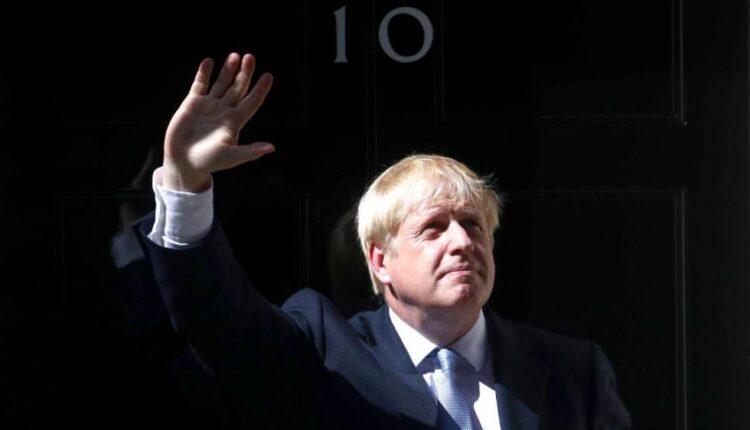London (CNN Business)Six months ago, Prime Minister Boris Johnson celebrated Brexit by describing Britain as the Superman of global trade.
Now, the country risks becoming an also-ran, losing its easy access to the huge EU common market, unable to strike a groundbreaking deal with the United States and on the brink of a trade fight with China.Trade experts fear this will leave the United Kingdom more isolated than it has been for decades as it fights an unprecedented health and economic crisis. It’s already on course for the deepest downturn of any major economy, in part a result of persistent uncertainty tied to Brexit.
Johnson and other proponents of leaving the European Union made much of the ability of a “global Britain,” once liberated by Brexit, to strike out and forge lucrative trade agreements on its own terms. However, one year since Johnson took office, such game-changing trade deals haven’t materialized — muddying the country’s future at a precarious moment.”You’re already weakening your relationship with the EU,” said David Henig, a former trade negotiator and director of the UK Trade Policy Project at the European Center for International Political Economy. “If you’re weakening [relations] with China and Hong Kong as well, you’re putting up extra barriers to trade with quite a lot of your largest trading partners.” Read More
EU talks falter
When the United Kingdom left the European Union at the end of January, Johnson expressed confidence that the country was ready to engage in high-stakes talks with trading partners, and he promised major wins.”We are ready for the great multi-dimensional game of chess in which we engage in more than one negotiation at once,” Johnson said on February 3.Half a year later, talks with the European Union and the United States — Britain’s two largest trading partners — are close to breaking down, throwing the UK’s economic future into doubt.The UK government has also failed to replicate many of the third-party trade deals it once enjoyed as an EU member, leaving it to face tariffs and other barriers with at least 19 additional countries or blocs around the world. Together with the EU, this means more than half of Britain’s total trade could be disrupted as a result of Brexit.New agreements worth just 8% of total UK trade have been nailed down so far, including those with Switzerland, Iceland, Norway and South Korea, according to data from the Department for International Trade.Michel Barnier, chief Brexit negotiator for the European Union, said Thursday that without concessions from the United Kingdom, a deal looks “unlikely.”The UK government has so far been unwilling to budge on access for EU fishing boats to British waters, as well as state aid rules meant to prevent unfair competition. And the role of the European Court of Justice in enforcing an agreement remains a point of contention. Mujtaba Rahman, managing director for Europe at Eurasia Group, a consultancy, still puts the odds slightly in favor of a deal, but he doesn’t expect an agreement to take shape until the fall.”The government needs a win after mismanaging Covid-19,” he wrote in a research note Thursday. But it all comes down to Johnson’s willingness to compromise, which risks angering some of his base among Brexit supporting communities.
No big US deal
The United Kingdom and the United States have also made little progress on an agreement that was supposed to help compensate for trade barriers erected with the European Union.The Financial Times reported on Wednesday that senior government figures have concluded that a comprehensive deal isn’t likely before the US election in November, as both sides continue to spar over longstanding issues such as food standards.
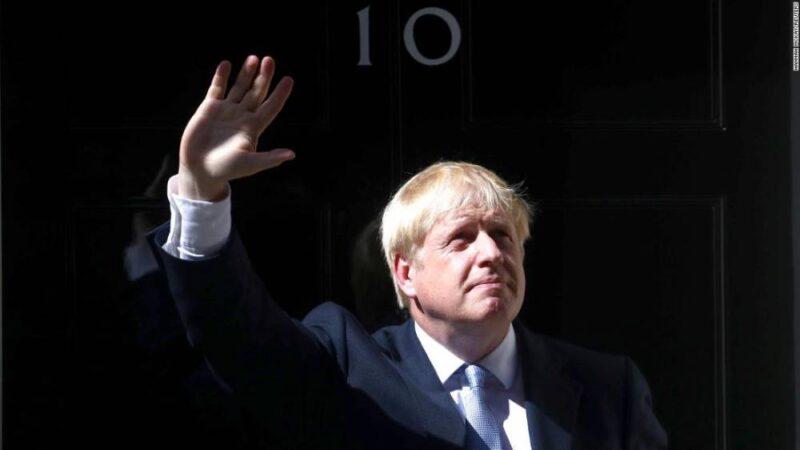
Photos: British Prime Minister Boris Johnson
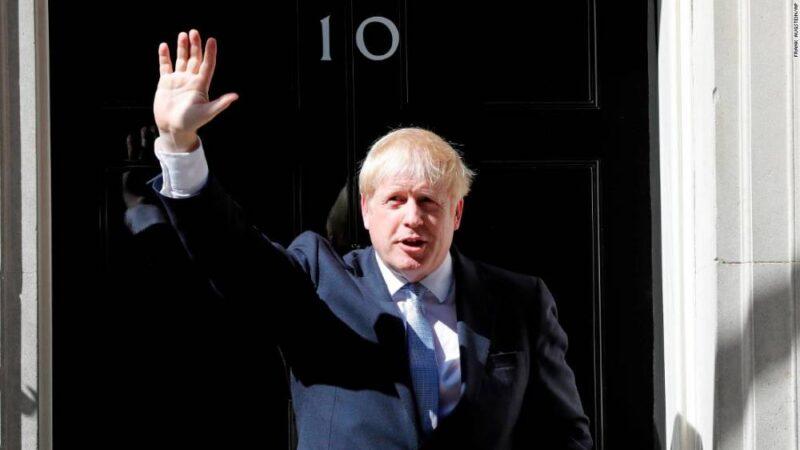
Photos: British Prime Minister Boris JohnsonBritain’s new Prime Minister, Boris Johnson, waves from the steps of No. 10 Downing Street after giving a statement in London on July 24.Hide Caption 1 of 29
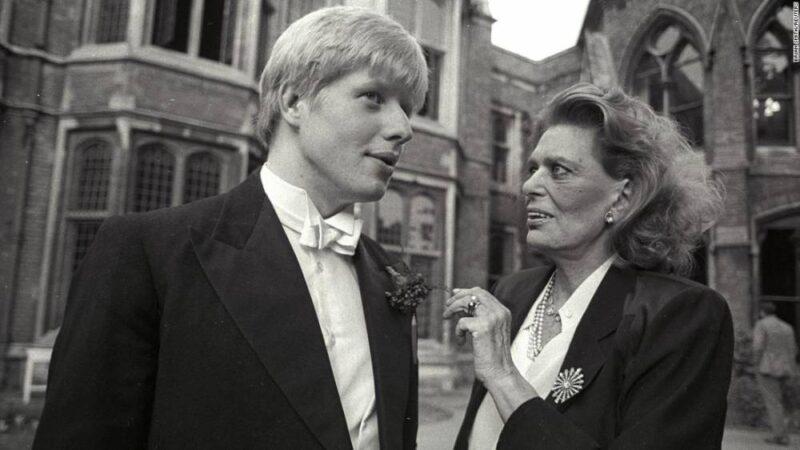
Photos: British Prime Minister Boris JohnsonA 21-year-old Johnson speaks with Greek Minister for Culture Melina Mercouri in June 1986. Johnson at the time was president of the Oxford Union, a prestigious student society.Hide Caption 2 of 29
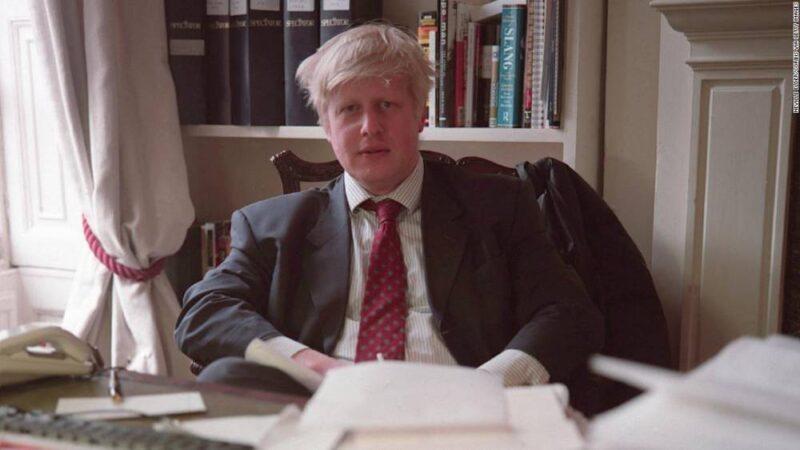
Photos: British Prime Minister Boris JohnsonJohnson started his career as a journalist. He was fired from an early job at The Times for fabricating a quote. He later became a Brussels correspondent and then an assistant editor for The Daily Telegraph. From 1994 to 2005, he was editor of the weekly magazine The Spectator.Hide Caption 3 of 29
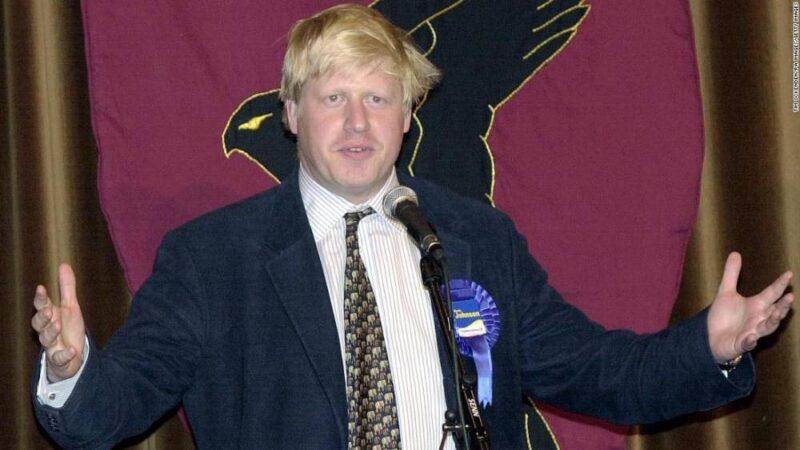
Photos: British Prime Minister Boris JohnsonIn 2001, Johnson was elected as a member of Parliament. He won the seat in Henley for the Conservative Party.Hide Caption 4 of 29
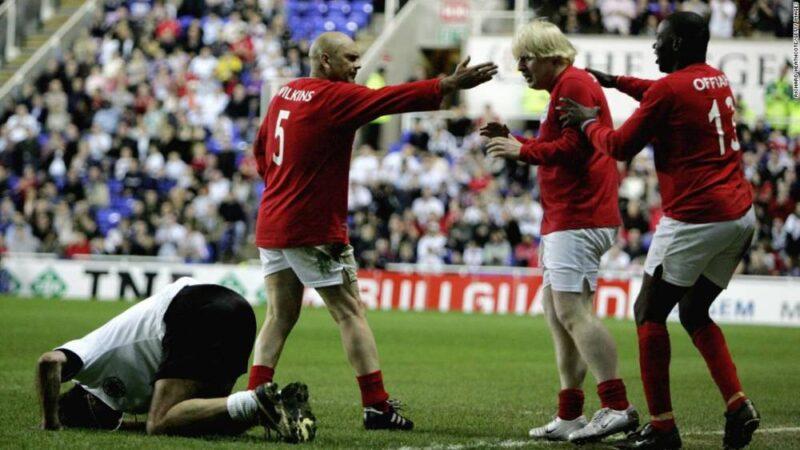
Photos: British Prime Minister Boris JohnsonJohnson looks apologetic after fouling Germany’s Maurizio Gaudino during a charity soccer match in Reading, England, in May 2006.Hide Caption 5 of 29
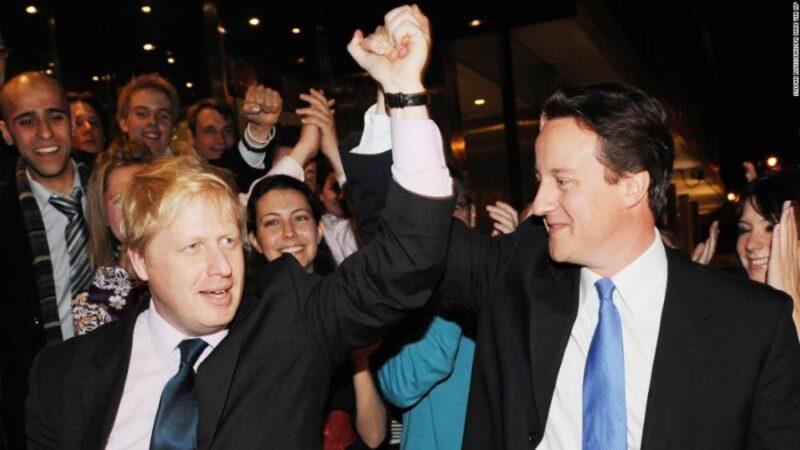
Photos: British Prime Minister Boris JohnsonJohnson is congratulated by Conservative Party leader David Cameron, right, after being elected mayor of London in May 2008. Cameron later became prime minister.Hide Caption 6 of 29
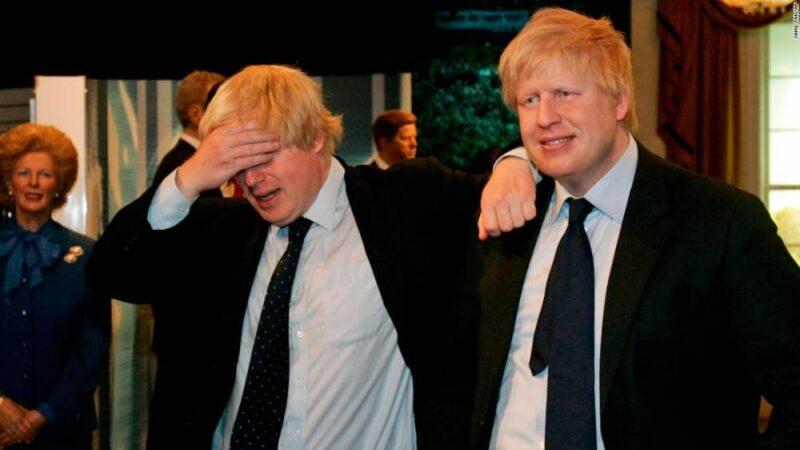
Photos: British Prime Minister Boris JohnsonJohnson, left, poses with a wax figure of himself at Madame Tussauds in London in May 2009.Hide Caption 7 of 29
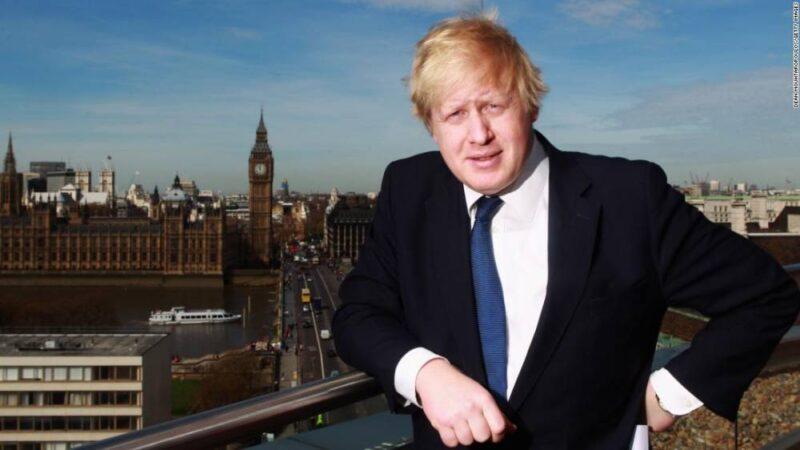
Photos: British Prime Minister Boris JohnsonJohnson poses for a photo in London in April 2011. He was re-elected as the city’s mayor in 2012.Hide Caption 8 of 29
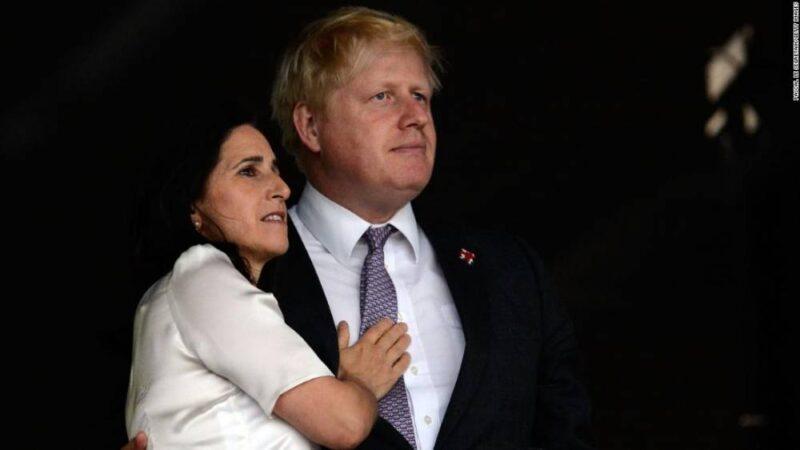
Photos: British Prime Minister Boris JohnsonJohnson and his wife, Marina, enjoy the atmosphere in London ahead of the Olympic opening ceremony in July 2012. The couple separated in 2018 after 25 years of marriage. Hide Caption 9 of 29
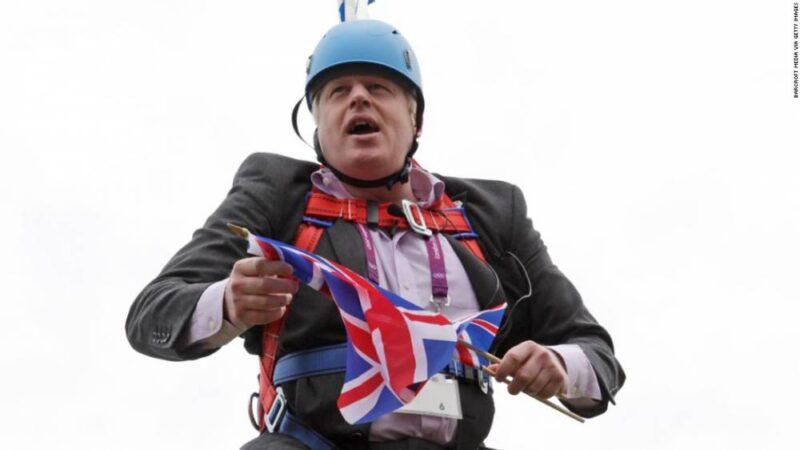
Photos: British Prime Minister Boris JohnsonJohnson gets stuck on a zip line during an event in London’s Victoria Park in August 2012.Hide Caption 10 of 29
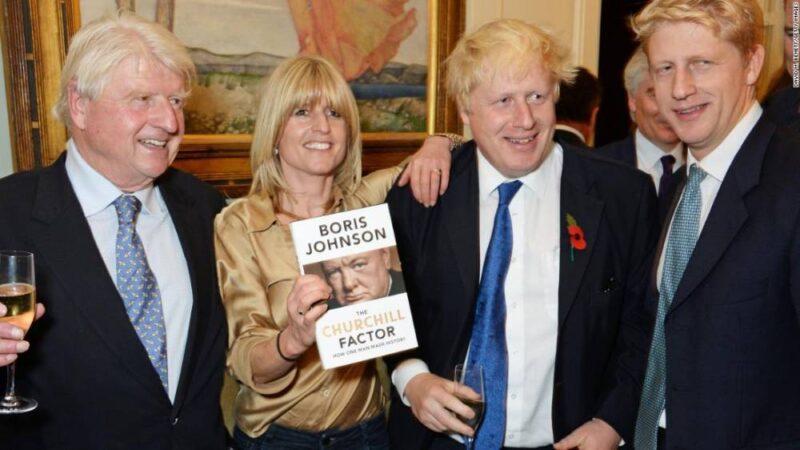
Photos: British Prime Minister Boris JohnsonJohnson poses with his father, Stanley, and his siblings, Rachel and Jo, at the launch of his new book in October 2014. Stanley Johnson was once a member of the European Parliament.Hide Caption 11 of 29
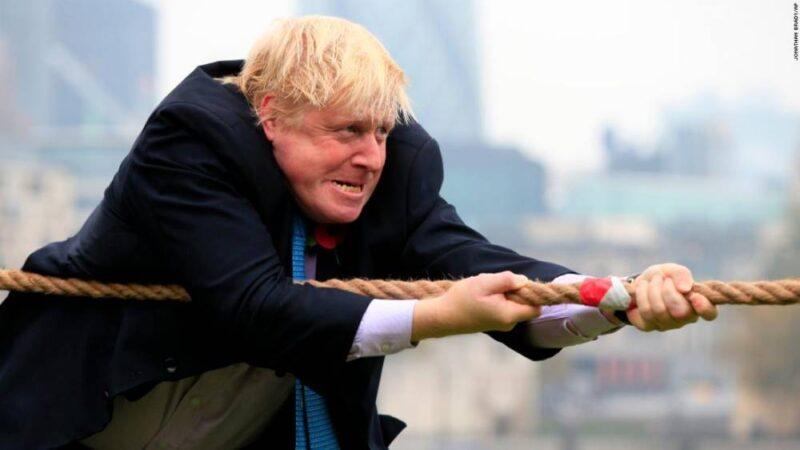
Photos: British Prime Minister Boris JohnsonJohnson takes part in a charity tug-of-war with British military personnel in October 2015.Hide Caption 12 of 29
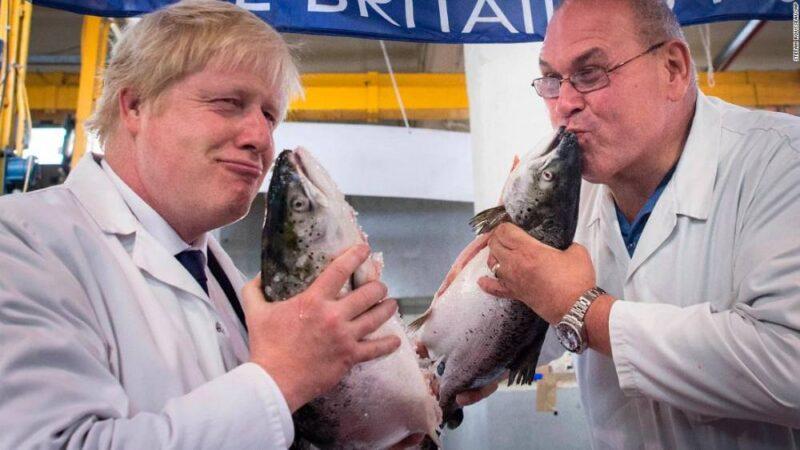
Photos: British Prime Minister Boris JohnsonJohnson kisses a wild salmon while visiting a fish market in London in June 2016. A month earlier, he stepped down as mayor but remained a member of Parliament for Uxbridge and South Ruislip.Hide Caption 13 of 29
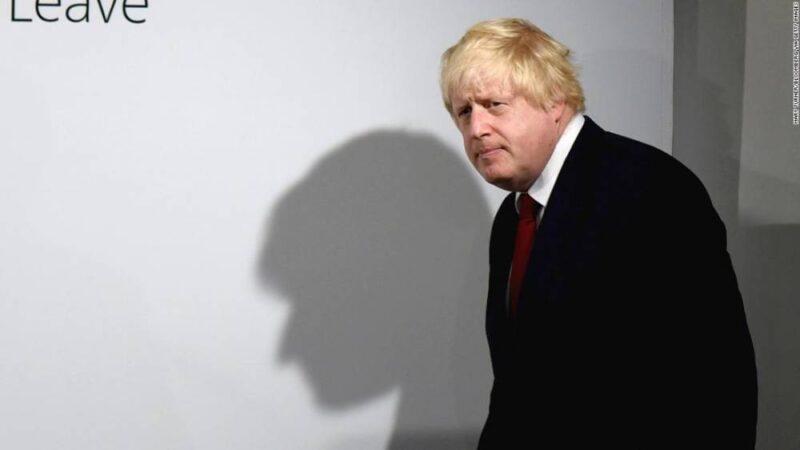
Photos: British Prime Minister Boris JohnsonJohnson arrives at a news conference in London in June 2016. During the Brexit referendum that year, he was under immense pressure from Prime Minister Cameron to back the Remain campaign. But he broke ranks and backed Brexit at the last minute.Hide Caption 14 of 29
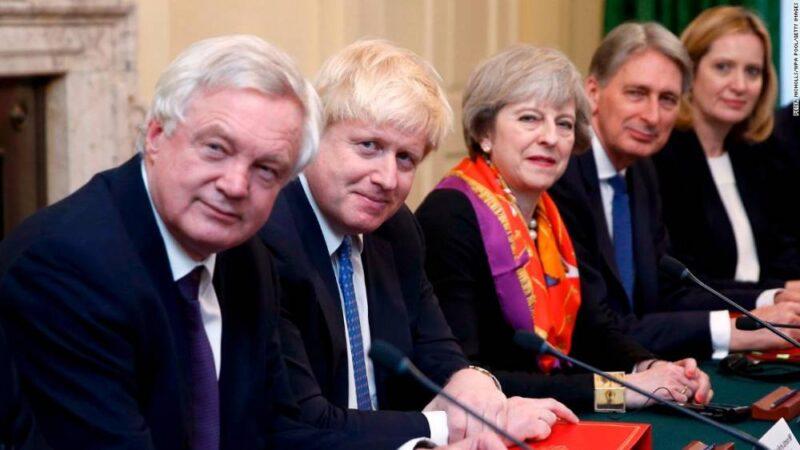
Photos: British Prime Minister Boris JohnsonJohnson sits next to Prime Minister Theresa May during a Cabinet meeting in November 2016. Johnson was May’s foreign secretary for two years before resigning over her handling of Brexit.Hide Caption 15 of 29
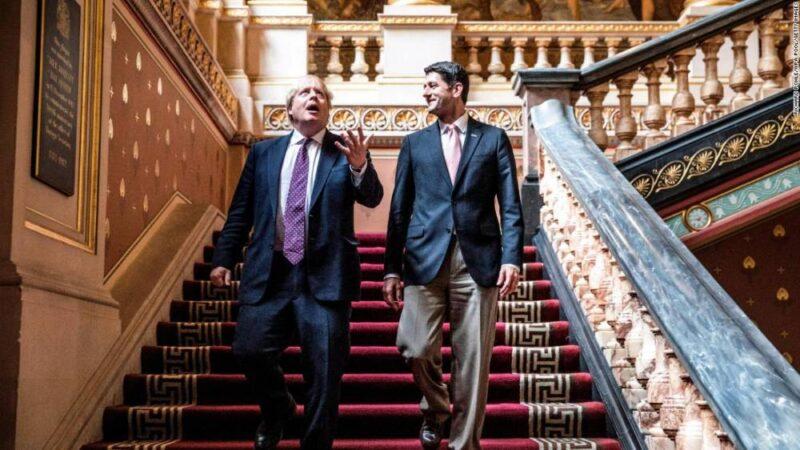
Photos: British Prime Minister Boris JohnsonAs foreign secretary. Johnson meets with US House Speaker Paul Ryan in April 2017. Johnson was born in New York City to British parents and once held dual citizenship. But he renounced his US citizenship in 2016.Hide Caption 16 of 29
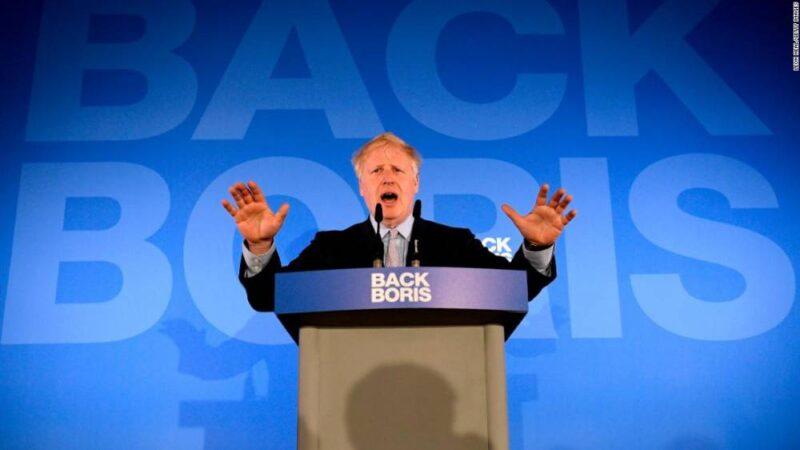
Photos: British Prime Minister Boris JohnsonJohnson launches his Conservative Party leadership campaign in June 2019.Hide Caption 17 of 29
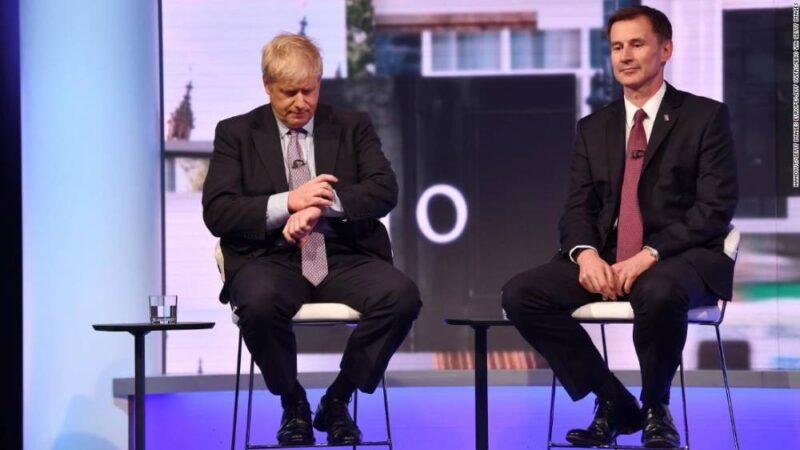
Photos: British Prime Minister Boris JohnsonJohnson and Foreign Secretary Jeremy Hunt take part in the Conservative Leadership debate in June 2019.Hide Caption 18 of 29
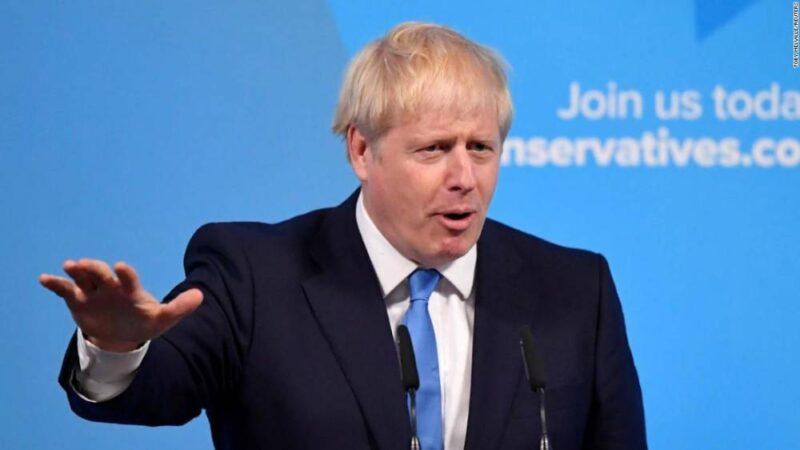
Photos: British Prime Minister Boris JohnsonJohnson speaks in July 2019 after he won the party leadership vote to become Britain’s next prime minister.Hide Caption 19 of 29
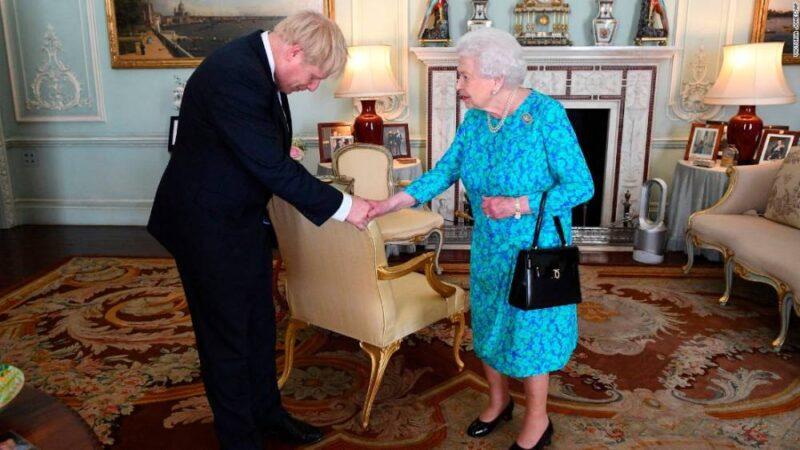
Photos: British Prime Minister Boris JohnsonBritain’s Queen Elizabeth II welcomes Johnson at Buckingham Palace, where she invited him to become Prime Minister and form a new government.Hide Caption 20 of 29
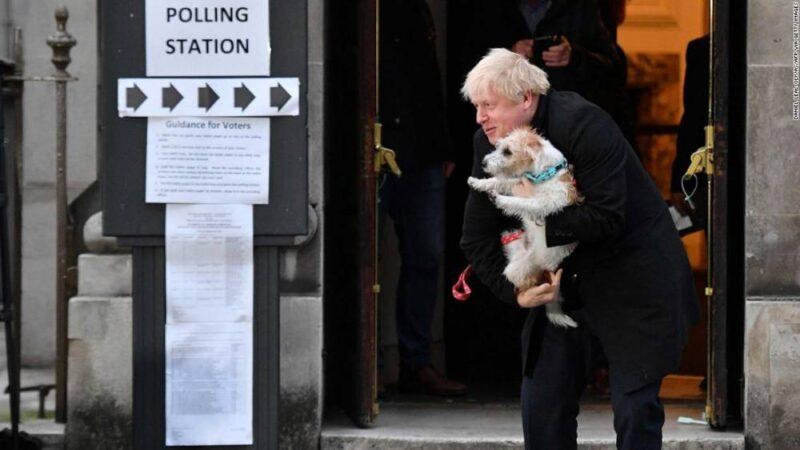
Photos: British Prime Minister Boris JohnsonJohnson poses with his dog Dilyn as he leaves a polling station in London in December 2019.Hide Caption 21 of 29
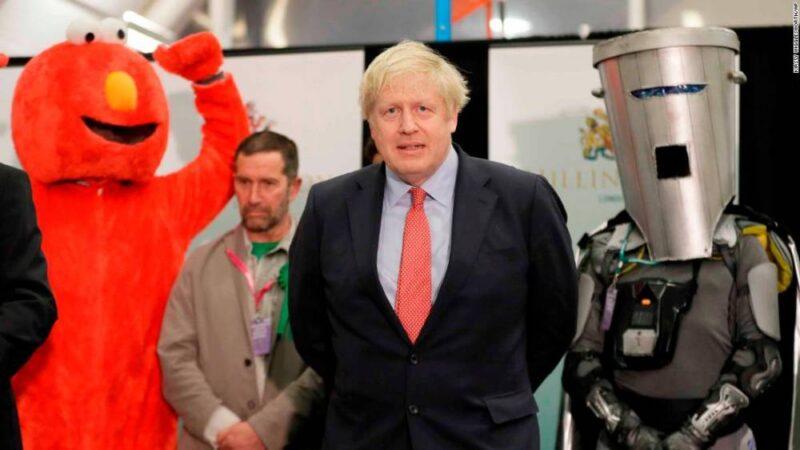
Photos: British Prime Minister Boris JohnsonJohnson appears on stage alongside Bobby Smith during the count declaration in London in December 2019. Johnson’s Conservative Party won a majority in the UK’s general election, securing his position as Prime Minister.Hide Caption 22 of 29
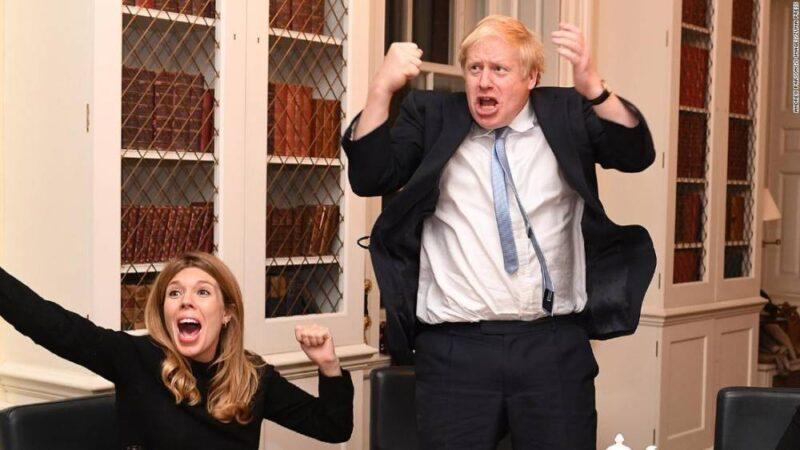
Photos: British Prime Minister Boris JohnsonJohnson and his partner, Carrie Symonds, react to election results from his study at No. 10 Downing Street.Hide Caption 23 of 29
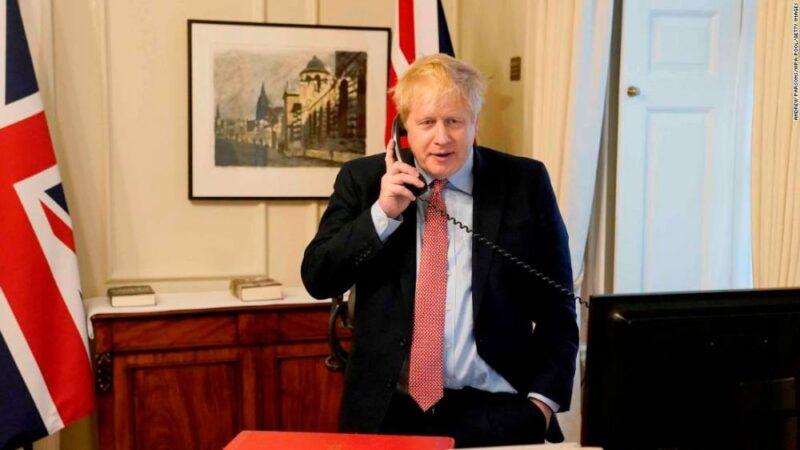
Photos: British Prime Minister Boris JohnsonJohnson speaks on the phone with Queen Elizabeth II in March 2020.Hide Caption 24 of 29
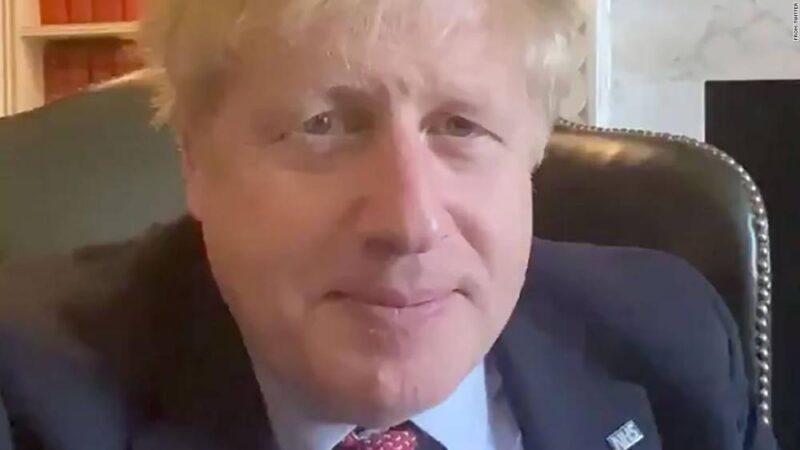
Photos: British Prime Minister Boris JohnsonIn March 2020, Johnson announced in a video posted to Twitter that he tested positive for the novel coronavirus. “Over the last 24 hours, I have developed mild symptoms and tested positive for coronavirus. I am now self-isolating, but I will continue to lead the government’s response via video conference as we fight this virus. Together we will beat this,” Johnson said. He was later hospitalized after his symptoms had “worsened,” according to his office.Hide Caption 25 of 29
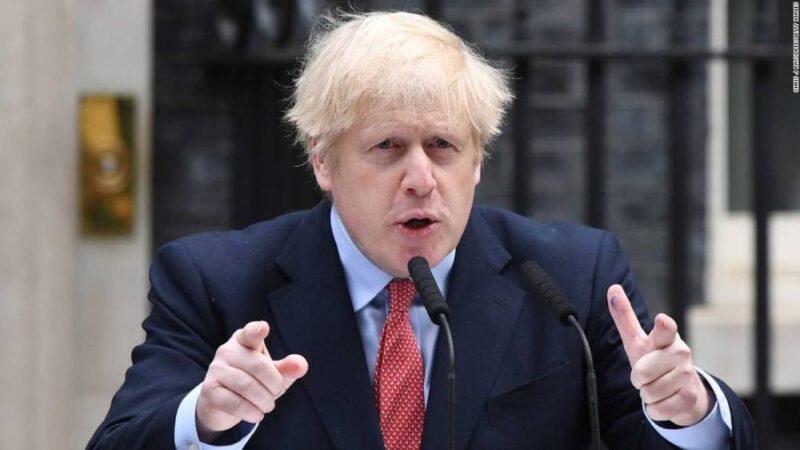
Photos: British Prime Minister Boris JohnsonAfter recovering from the coronavirus, Johnson returned to work in late April 2020.Hide Caption 26 of 29
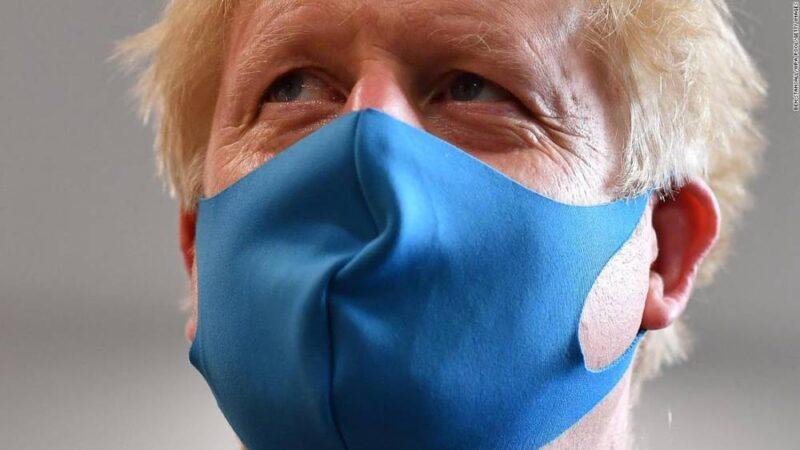
Photos: British Prime Minister Boris JohnsonJohnson wears a face mask as he visits the headquarters of the London Ambulance Service NHS Trust in July 2020.Hide Caption 27 of 29
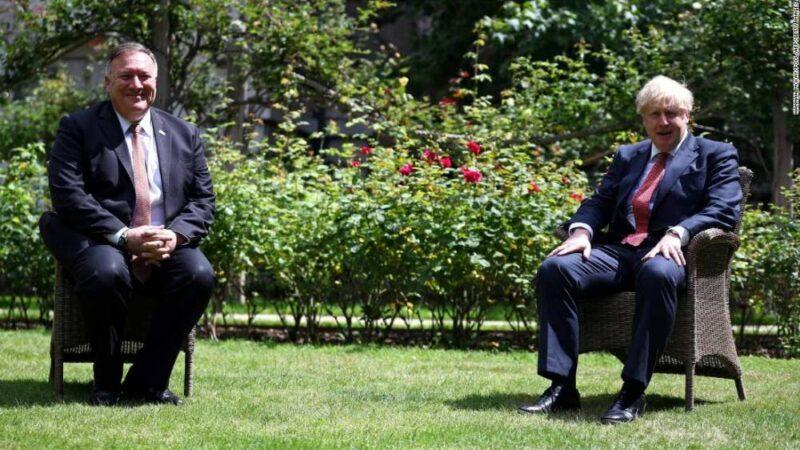
Photos: British Prime Minister Boris JohnsonUS Secretary of State Mike Pompeo sits across from Johnson in the garden of No. 10 Downing Street in July 2020.Hide Caption 28 of 29
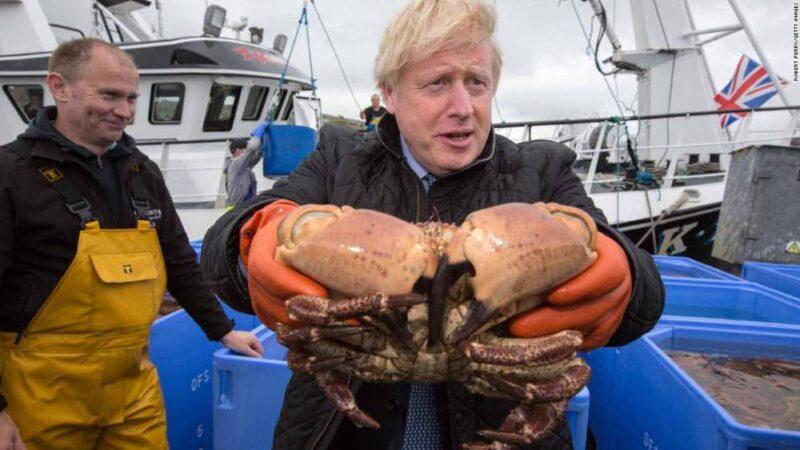
Photos: British Prime Minister Boris JohnsonJohnson holds a crab in Stromness Harbour during a visit to Scotland in July 2020.Hide Caption 29 of 29
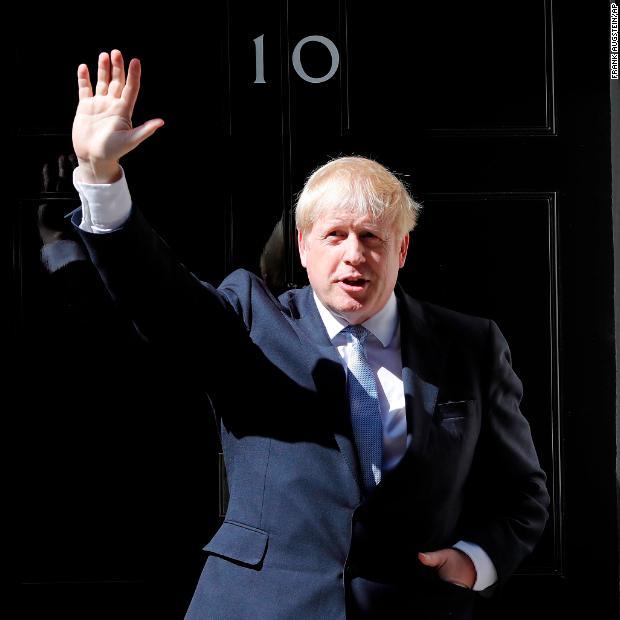
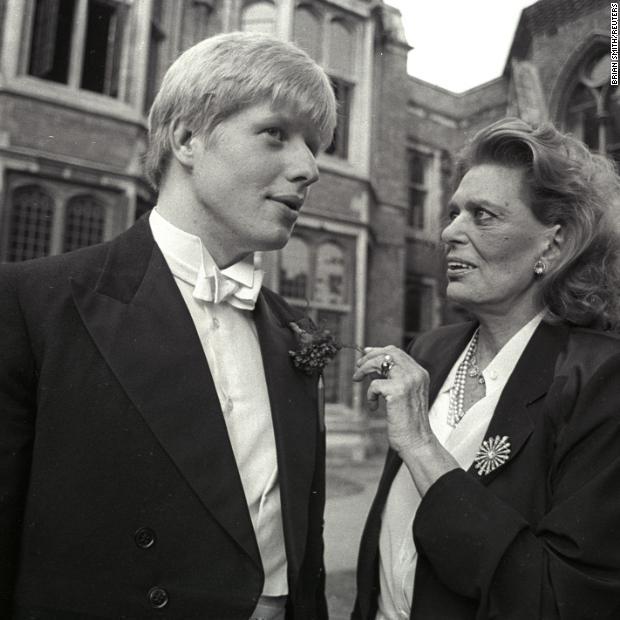
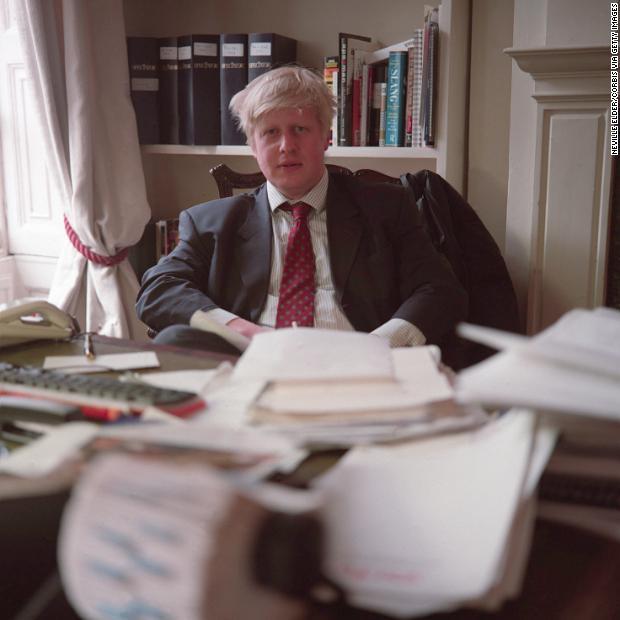
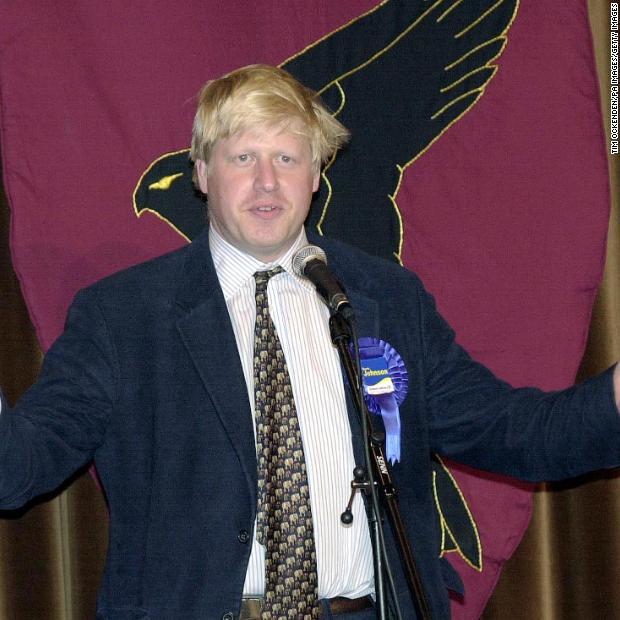
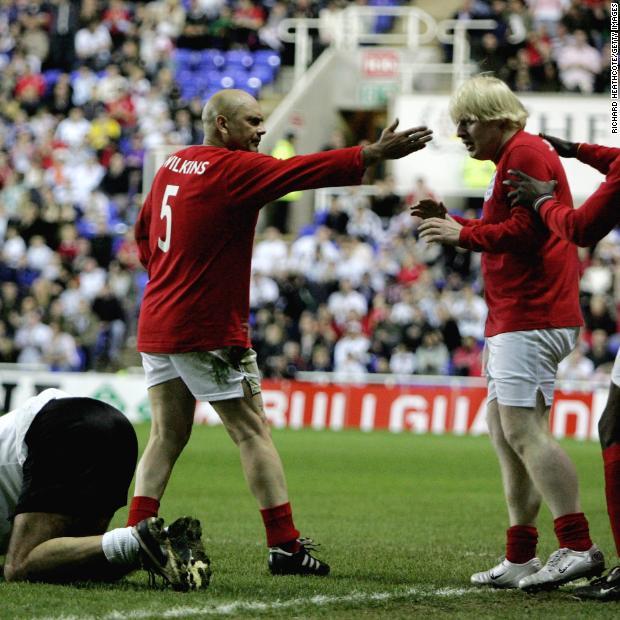
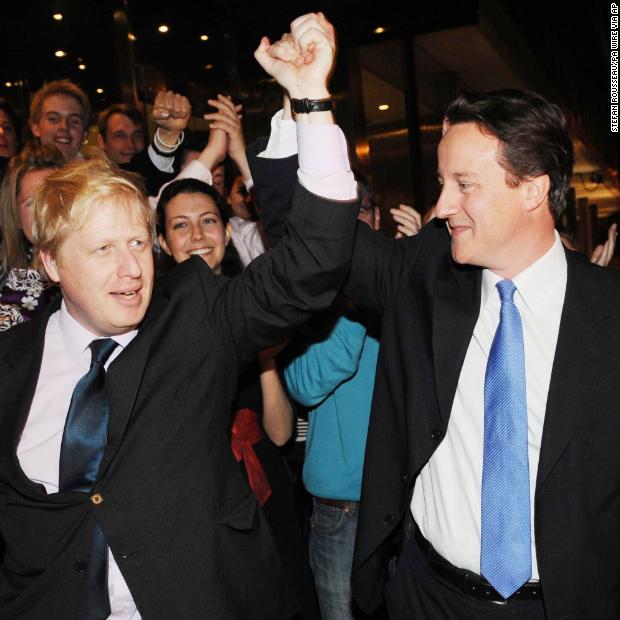
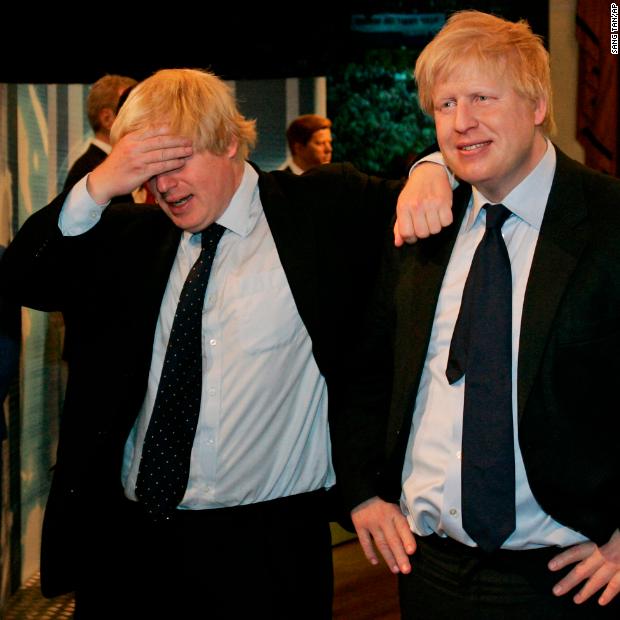
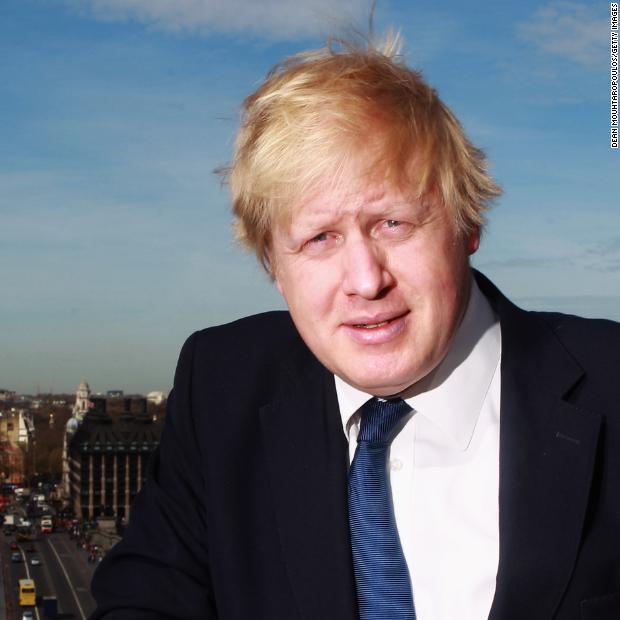
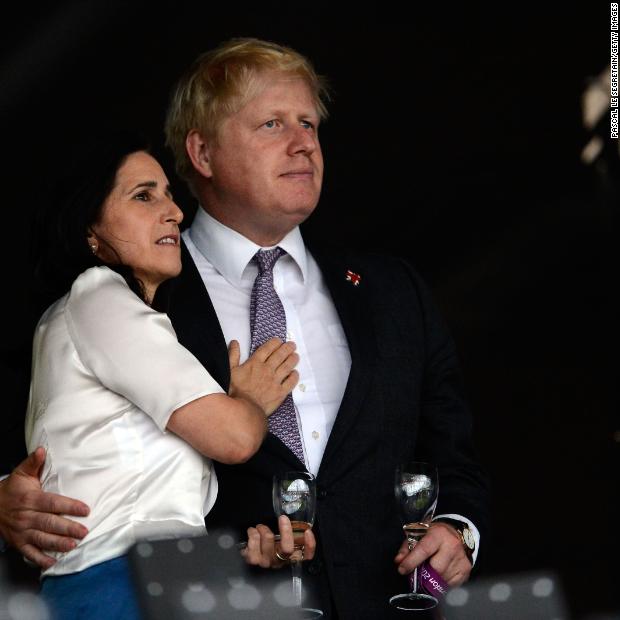
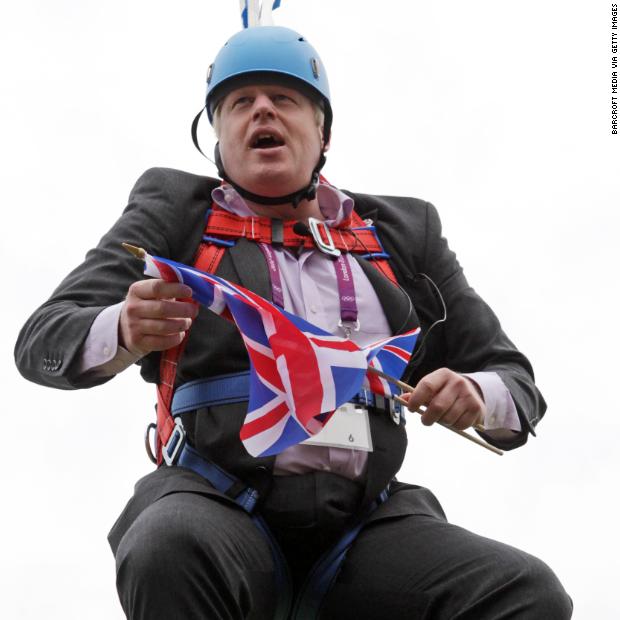
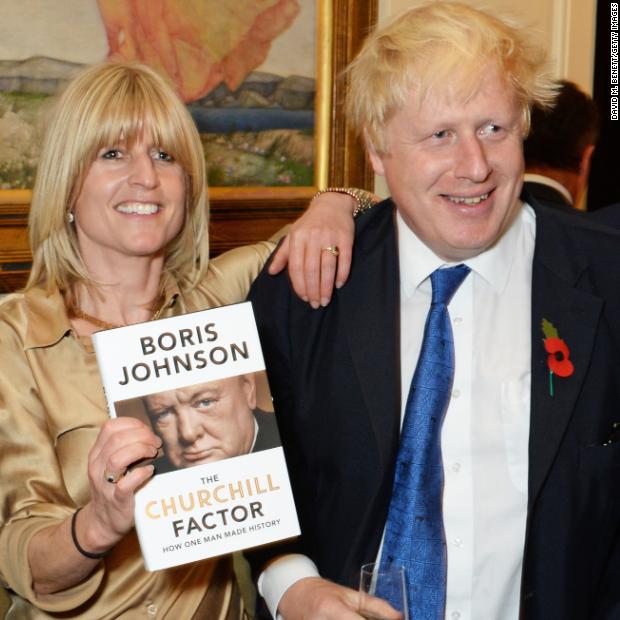
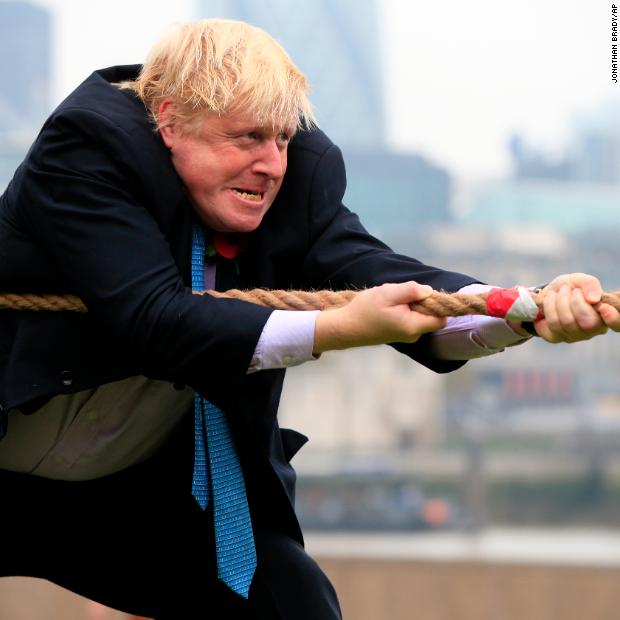
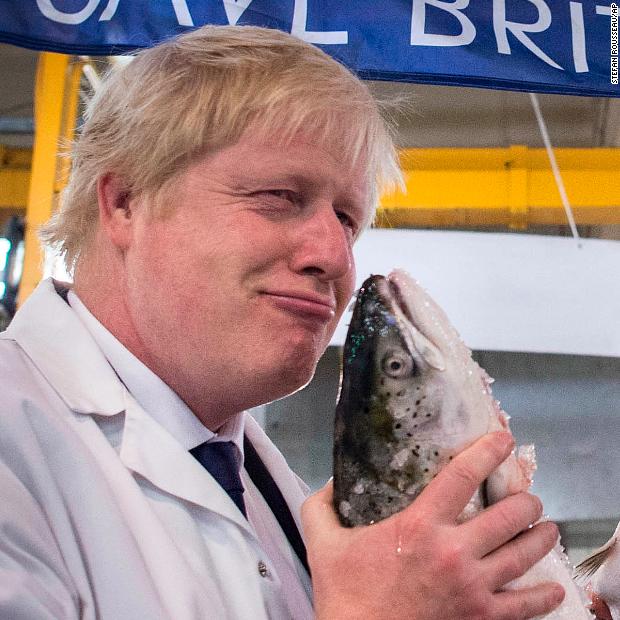
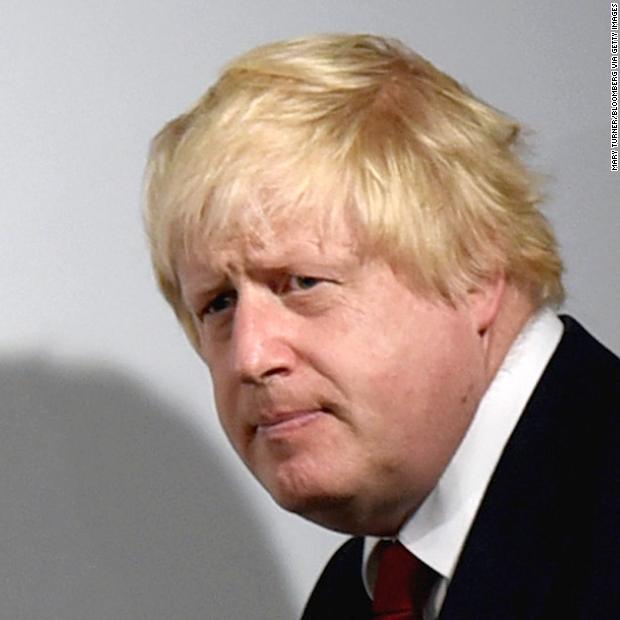
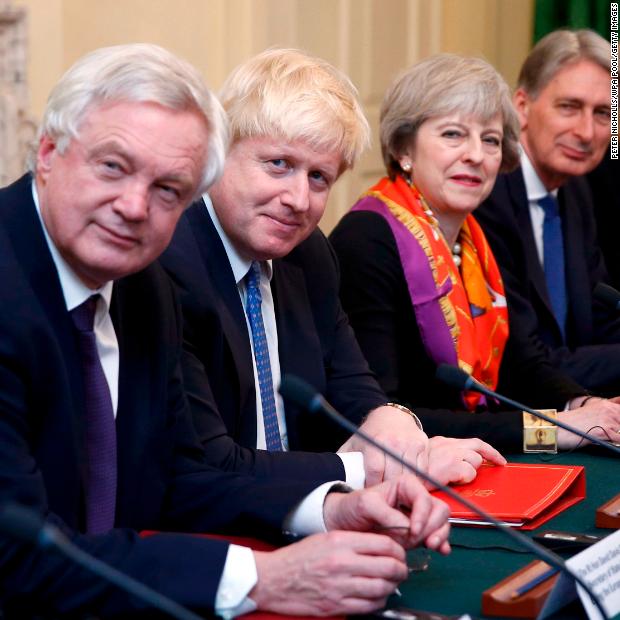
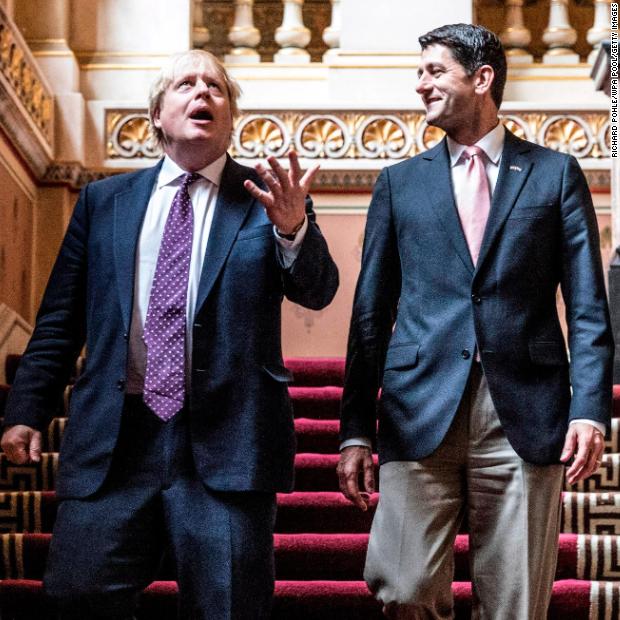
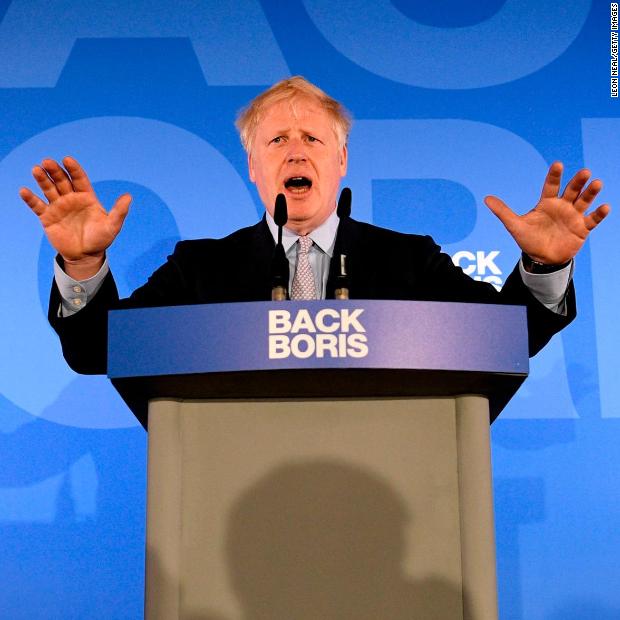
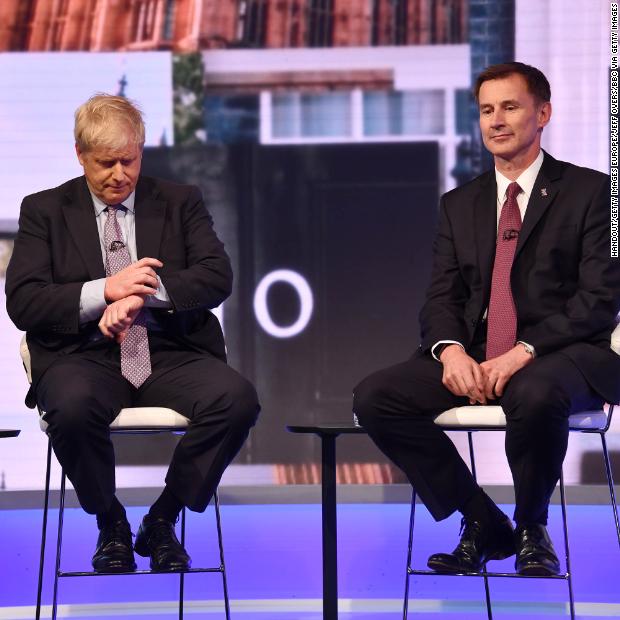
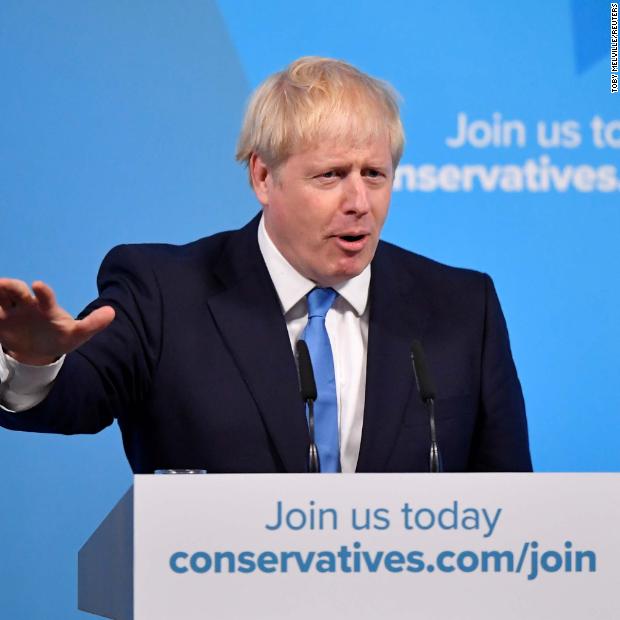
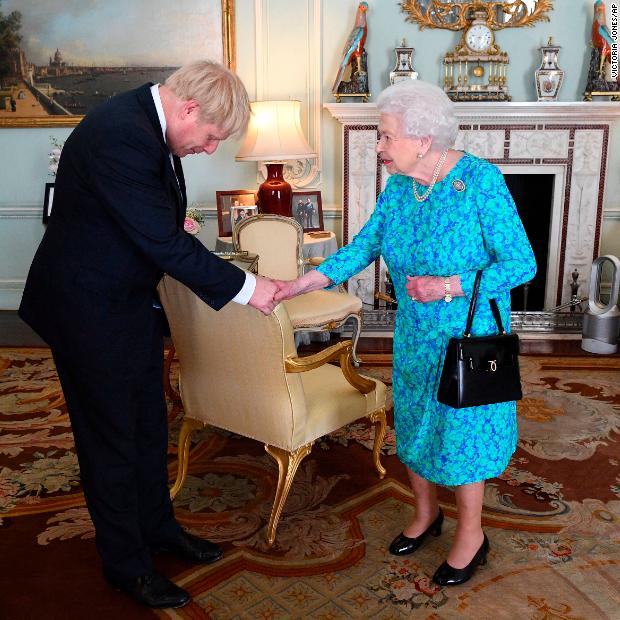
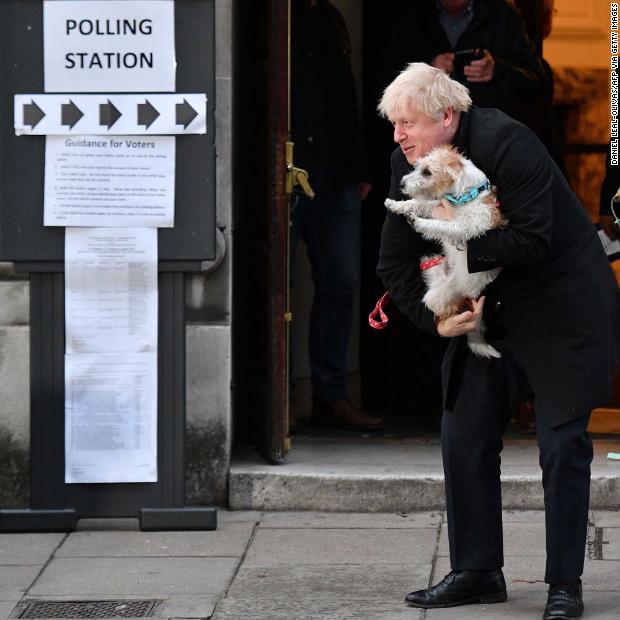
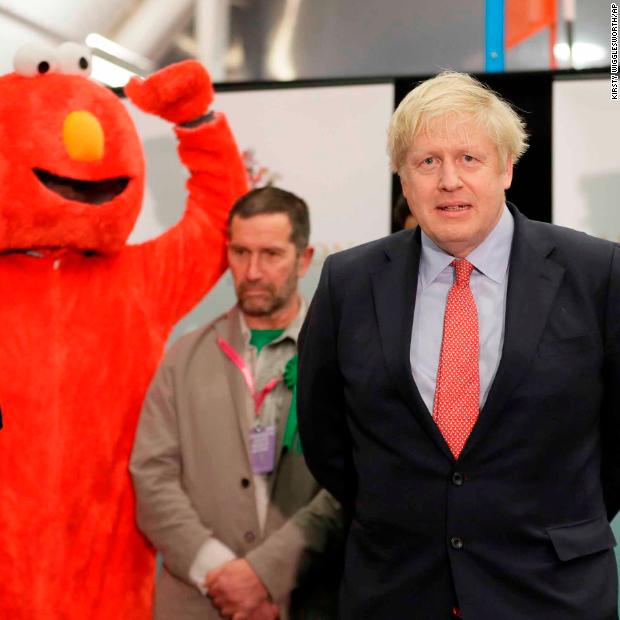
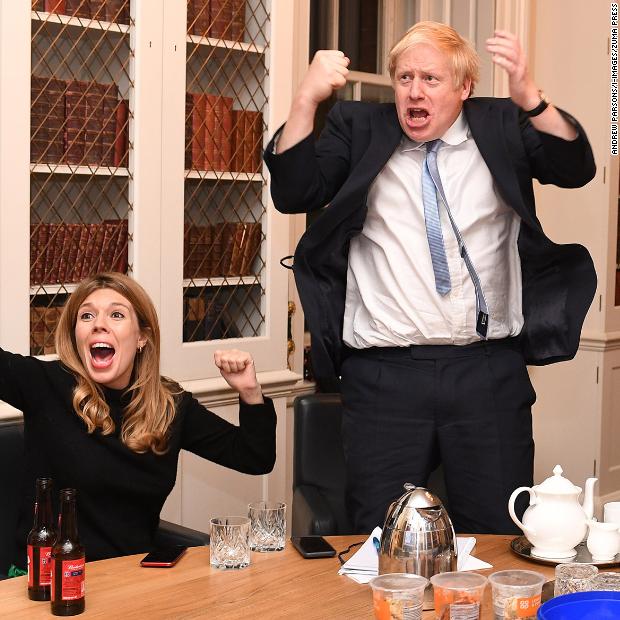
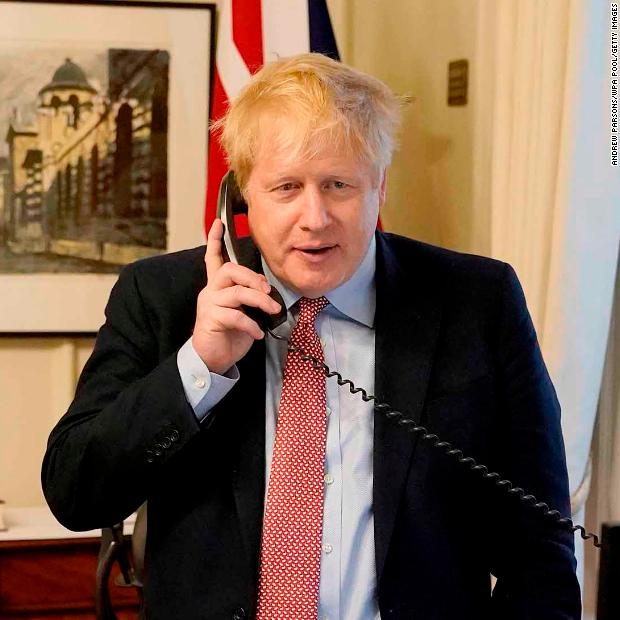
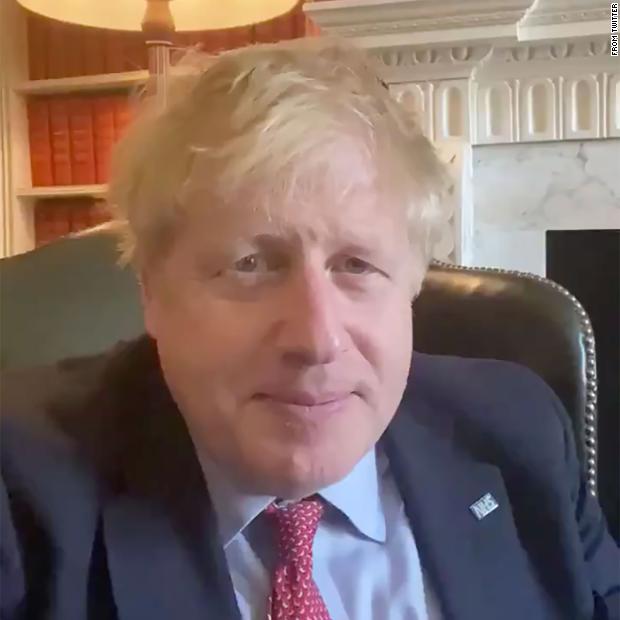
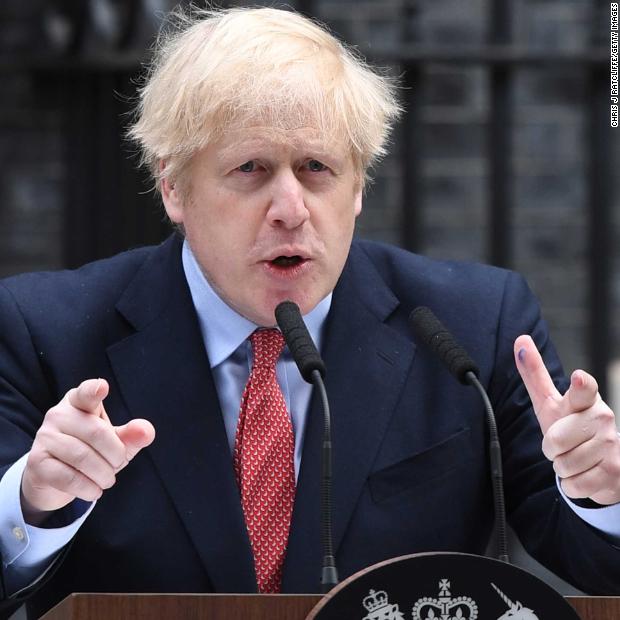
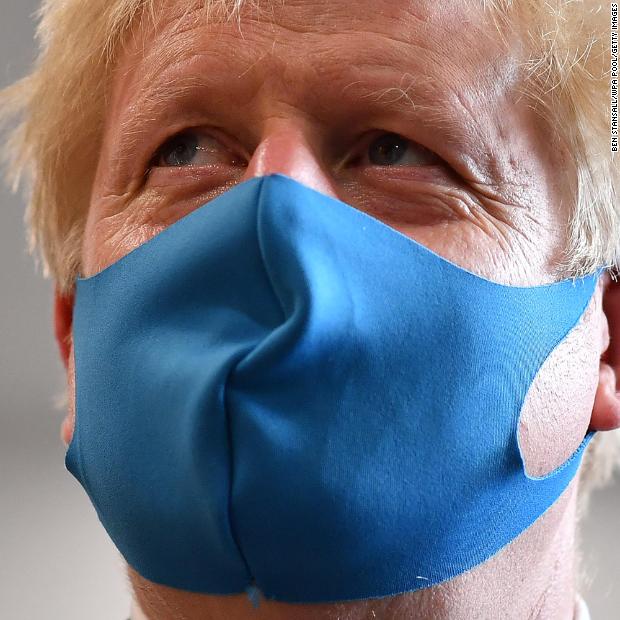
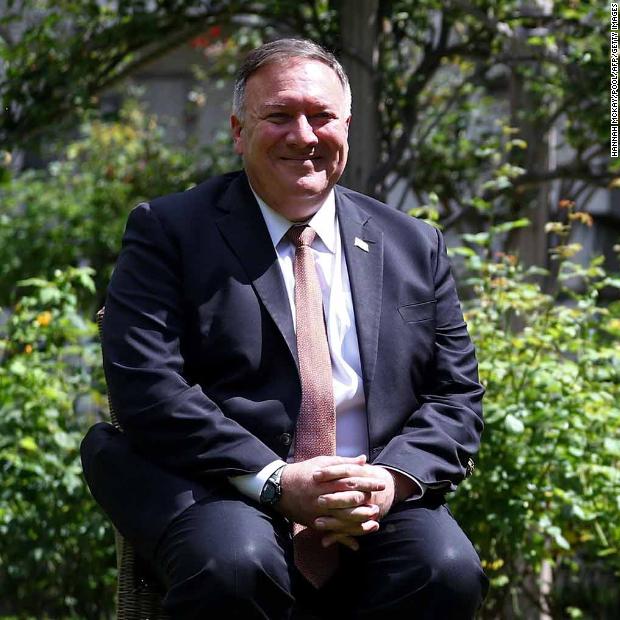
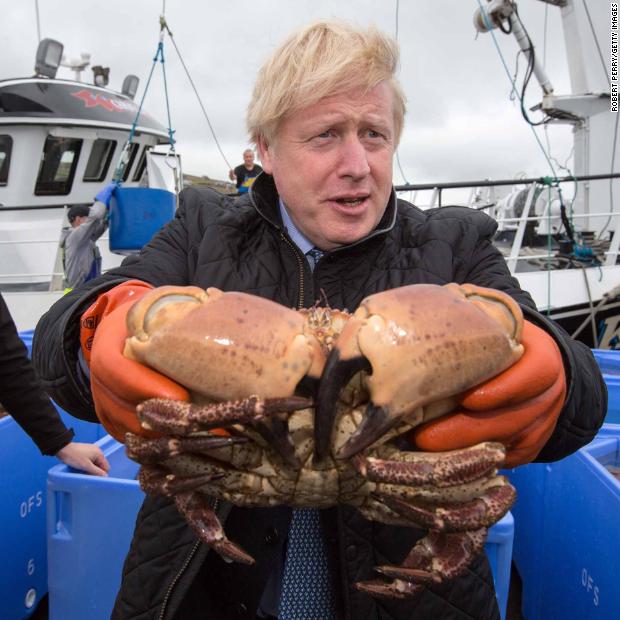
One problem is that if Britain yields on an issue like food or environmental regulations in discussions with the United States, it risks running afoul of what’s been agreed with the European Union. In practice, multi-dimensional chess causes lots of headaches.”If you sign up to the US approach on food that might constrain what you can get from the EU and vice versa,” Henig said.Sam Lowe, a senior research fellow at the Center for European Reform, thinks Johnson and President Donald Trump could agree to a slimmed-down deal that “can be held up as a political victory on both sides of the Atlantic.” But such an agreement won’t move the needle from an economic standpoint. Even a more comprehensive free trade deal with the United States would add just $4.3 billion to the UK economy over the next 15 years, according to estimates from the British government.At the same time, the United Kingdom’s multi-billion-dollar trade and investment relationship with China, its third largest trading partner, has been jeopardized by Britain’s recent decision to ban Huawei from its 5G telecom network.The move provoked an angry response from Beijing, which has warned that it would do everything necessary to protect its interests. China also said the decision would deter future investment by its companies. Barring Huawei clears a roadblock to striking an agreement with the United States, which had been lobbying for allies to exclude Huawei from its 5G systems, citing national security concerns. Yet the decision isn’t without costs.”It’s an interesting time for the UK to be extricating itself from the EU and to go off on its own in a world of warring economic superpowers,” Lowe said.
The consequences
The importance of reaching major trade agreements has been amplified by the coronavirus crisis. Britain lags behind Europe in its recovery, and the outlook — even absent trade complications — looks bleak. Hundreds of thousands of layoffs have already been announced, and millions more jobs are at risk. The Organization for Economic Cooperation and Development has predicted that economic output will shrink more in the United Kingdom this year than any other developed country. If there’s a second coronavirus wave, it believes UK unemployment could hit nearly 15%. The pandemic and Britain’s response to it bears much of the blame, but uncertainty surrounding the country’s trade negotiations are a factor, too.”The Brexit endgame will likely determine how strong the economic recovery will be,” Deutsche Bank economist Sanjay Raja told clients Wednesday.Negotiations with the European Union remain the primary source of unease on trade.Andrew Wishart, UK economist at Capital Economics, thinks it will be possible for the United Kingdom to reach a deal for trade in goods by the end of the year while keeping the status quo temporarily intact on trade for services.
However, even this “relatively benign” scenario will weigh on business investment, he said in a research note Thursday. “Extremely high uncertainty is likely to mean that firms don’t want to invest,” Wishart said. “Brexit is an extra source of uncertainty that other economies don’t have.”
Source: edition.cnn.com

